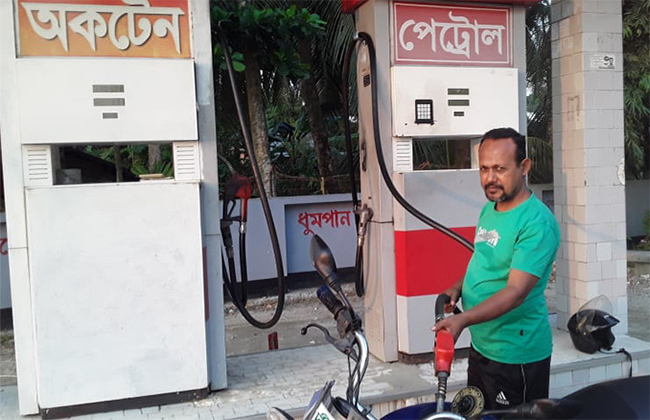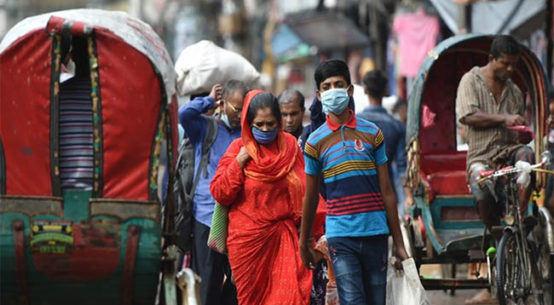
During the Covid crisis, the people’s income decreased largely. Study says 3.24 crore more people have become poor. The market for daily commodities is agitating. The prices of almost all essential products are constantly rising. Also, the economy, trade and commerce have not yet fully recovered from the damage done by the Covid. In such a critical time, the price of fuel oil and LPG has been increased. The price of diesel and kerosene has been increased by Tk15 per litre while that of 12kg LPG cylinder by Tk54. The price of autogas has also been raised. This increase in fuel prices in difficult times will add to the pressure on business and public life.
At present, all the countries in the world are busy in economic recovery. Governments are fighting hard to get their economy back on track. In this situation, the continuous increase in fuel price in the world market has become a cause of concern for many countries, especially the import-dependent ones. Some countries have already taken steps to adjust the prices of fuel products to keep pace with the international market. However, they have taken the issues of economy, trade and public interest in their concern. Neighbouring India can be cited as an example. Without raising prices, the government there has reduced tariffs on diesel and petrol to provide relief to consumers. Some other countries, including Thailand, Nepal, Bhutan, and Sri Lanka, have taken similar measures. Consumers are benefiting from that. It is a kind of indirect subsidy.
The repercussions of rising fuel prices are multifaceted. Increasing the diesel price will also raise the people’s transportation cost. Indirectly, the cost of production of agricultural products and transportation of all products will increase. The cost of irrigation will rise in agriculture. There will also be a negative impact on power generation. Again, the increase in the price of kerosene and LPG will hike the cost of cooking fuel in rural and urban areas. At the same time, the rise in the autogas price will also increase the fuel prices for private cars as well as small public transports. Meanwhile, bus fares have been increased arbitrarily in many places. Transport owners stopped the running of public transports and goods vehicles across the country, demanding an official increase in bus-truck fares. Yesterday, the government was forced to increase the fare under the pressure of owners.
The government says the price of fuel oil has been raised to match up with the international market and reduce the losses of BPC. The last increase in fuel oil prices was dated in 2013. Since then, the price of fuel oil in the world market has been declining. In this context, the energy division reduced the price a bit in 2016, although not as much as it was necessary. In the last seven years, the commission made a profit of around Tk40,000 crore. From March-April this year, the price of fuel oil started rising in the world market. The question is: have the commission’s profits been exhausted in these few days that they have been compelled to hike the price? BPC, instead of raising fuel prices, might have used the profits as a subsidy for the interest of common people in difficult times. It would bring a little more relief to the economy and people’s lives. At the same time, tariffs could be reduced like the case in India and other countries. At present, the government charges about 34 per cent tariffs and taxes on fuel products in the country. If it was reduced a little, it would be much more comfortable for consumers, business and trade. Therefore, considering all aspects, the government’s prudent and effective initiative is required at these critical hours.

